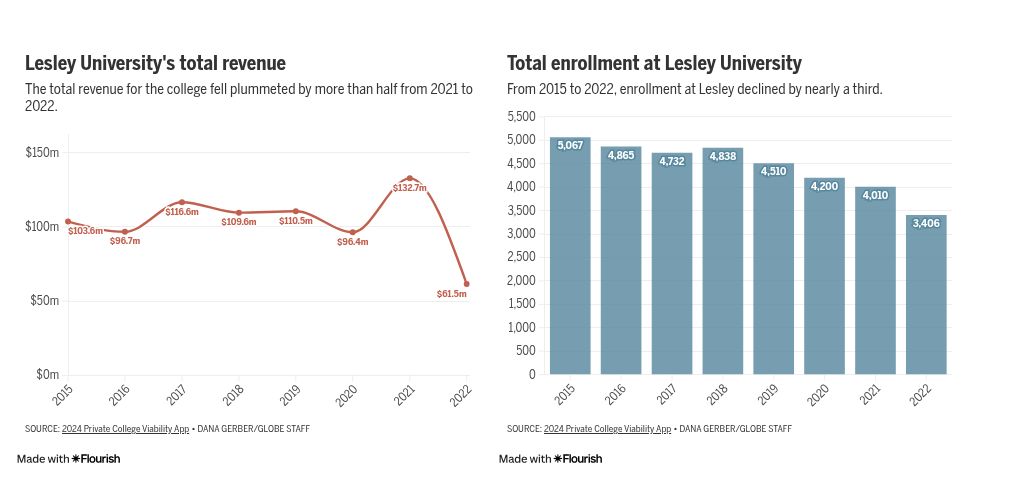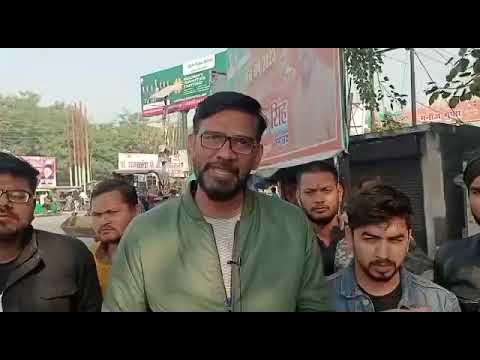Putin's Peace Talks Initiative: A Diplomatic Failure?

Table of Contents
The Context of Putin's Peace Initiative
Understanding the context surrounding Putin's peace initiative is crucial to assessing its failure. The proposal did not emerge from a vacuum; rather, it followed a series of escalating military actions by Russia that significantly altered the geopolitical landscape.
Preceding Military Actions
The Russian military aggression against Ukraine began long before the proposed peace talks. The annexation of Crimea in 2014 and the support for separatists in Donbas were clear violations of Ukrainian sovereignty and foreshadowed the full-scale invasion of Ukraine in February 2022. This invasion, a blatant disregard for international law, triggered widespread international condemnation and a wave of sanctions against Russia. Russia's justifications, citing alleged threats to its security and the protection of Russian-speaking populations, were widely discredited by the international community.
- Timeline of key military events: The annexation of Crimea (2014), the conflict in Donbas (2014-2022), the full-scale invasion of Ukraine (February 2022), and subsequent military escalations.
- International condemnation and sanctions: UN resolutions condemning the invasion, significant sanctions imposed by the EU, US, and other countries targeting the Russian economy and individuals.
- Analysis of Russia's stated justifications: Examination of the inconsistencies and lack of credible evidence supporting Russia's claims of security threats.
The Terms and Conditions of the Proposed Talks
The terms proposed by Putin during the purported peace negotiations were far from conducive to a genuine resolution. These conditions highlighted a significant imbalance of power and a lack of willingness to compromise.
Key Demands
Putin's peace negotiations centered around demands that were largely unacceptable to Ukraine and the international community. These demands primarily focused on territorial concessions, requiring Ukraine to cede significant portions of its land to Russia. Further, the proposed ceasefire conditions heavily favored Russia's existing military positions and territorial gains.
- Summary of key concessions demanded from Ukraine: The surrender of significant territories, including areas occupied by Russian forces.
- Analysis of the feasibility and acceptability of these demands from the Ukrainian perspective: The impossibility of accepting such demands without undermining Ukrainian sovereignty and national interests.
- International reaction to the proposed terms: Widespread rejection of the terms by Ukraine's allies, highlighting the impossibility of a fair and just settlement based on these demands.
Obstacles and Reasons for Failure
The failure of Putin's peace talks initiative can be attributed to several key factors, most significantly the lack of good faith from the Russian side and Ukraine's resolute defense of its sovereignty.
Lack of Good Faith
From the outset, Russia demonstrated a lack of genuine commitment to negotiate in good faith. Their negotiating tactics were characterized by shifting positions, unrealistic demands, and a consistent pattern of actions contradicting their stated commitment to peace. This diplomatic deadlock was further exacerbated by the deliberate use of misinformation and propaganda to manipulate public opinion.
- Examples of Russian actions contradicting their stated commitment to peace: Continued military offensives despite claims of seeking a peaceful resolution.
- Analysis of Russia's shifting negotiating positions: The inconsistencies and contradictions in Russia's stated goals and demands throughout the "negotiations".
- The role of misinformation and propaganda in undermining the talks: The use of disinformation to discredit Ukraine and justify Russia's actions.
Ukraine's Stance
Ukraine's unwavering stance on its territorial integrity and national sovereignty proved to be a significant obstacle to the success of the peace talks. Supported by the international community, Ukraine refused to accept terms that would compromise its fundamental rights and future security.
- Ukraine's stated conditions for negotiations: The restoration of its internationally recognized borders, accountability for war crimes, and reparations for damages.
- The role of international support in shaping Ukraine's stance: The strong backing of Ukraine by its allies empowered it to reject unfair terms.
- Analysis of the political and social pressures on Ukraine’s leadership: The strong domestic consensus in support of defending Ukrainian sovereignty and resisting Russian aggression.
International Response and Impact
The international community played a significant role in shaping the outcome of the negotiations, primarily through the provision of military and financial aid to Ukraine, and by imposing sanctions on Russia.
Western Involvement
The involvement of NATO, the EU, and the US, in providing military aid to Ukraine and imposing international sanctions on Russia, significantly altered the balance of power and influenced the course of the conflict. This diplomatic pressure on Russia limited the options available to the Kremlin.
- Statements and actions taken by key international actors: Statements of condemnation, sanctions packages, and military assistance provided to Ukraine.
- The impact of international support on the Ukrainian negotiating position: Strengthened Ukraine's resolve and empowered it to resist pressure to make unacceptable concessions.
- The effectiveness of international pressure on Russia: While sanctions have had an impact on the Russian economy, they have not been sufficient to compel Russia to withdraw from Ukraine.
Conclusion
Putin's peace talks initiative ultimately proved to be a diplomatic failure. The lack of good faith from Russia, the unreasonable demands placed on Ukraine, and the strong international response all contributed to its collapse. The initiative served more as a tool of propaganda and a further attempt to legitimize Russia's illegal invasion than a genuine effort to achieve peace. The ongoing conflict continues to highlight the devastating consequences of Russia's aggression and the failure of this diplomatic effort. Continue exploring the complexities of the Ukraine conflict and the failures of Putin's peace talks initiative to form your own conclusions about this critical geopolitical event.

Featured Posts
-
 Mit Denounces Students Ai Research Project
May 18, 2025
Mit Denounces Students Ai Research Project
May 18, 2025 -
 Damiano Davids Potential Eurovision 2025 Appearance A Speculation
May 18, 2025
Damiano Davids Potential Eurovision 2025 Appearance A Speculation
May 18, 2025 -
 Budget Cuts And Layoffs The Current State Of University Finances
May 18, 2025
Budget Cuts And Layoffs The Current State Of University Finances
May 18, 2025 -
 5 26 52
May 18, 2025
5 26 52
May 18, 2025 -
 Carrie Underwoods Actions Towards Taylor Swift A Source Speaks Out
May 18, 2025
Carrie Underwoods Actions Towards Taylor Swift A Source Speaks Out
May 18, 2025
Latest Posts
-
 Pokhorony Po Uestovski Vdokhnovenie Ot Pashi Tekhnikom
May 18, 2025
Pokhorony Po Uestovski Vdokhnovenie Ot Pashi Tekhnikom
May 18, 2025 -
 Instruktsiya Kane Uesta K Sobstvennym Pokhoronam Vdokhnovenie Ot Pashi Tekhnikom
May 18, 2025
Instruktsiya Kane Uesta K Sobstvennym Pokhoronam Vdokhnovenie Ot Pashi Tekhnikom
May 18, 2025 -
 Kanye West Bianca Censori Enjoy Dinner Date In Spain Amidst Relationship Speculation
May 18, 2025
Kanye West Bianca Censori Enjoy Dinner Date In Spain Amidst Relationship Speculation
May 18, 2025 -
 Bianca Censori And Kanye West Couple Spotted After Weeks Apart In Spain
May 18, 2025
Bianca Censori And Kanye West Couple Spotted After Weeks Apart In Spain
May 18, 2025 -
 Kanye West And Bianca Censori Reunited Dinner Date In Spain Fuels Reunion Rumors
May 18, 2025
Kanye West And Bianca Censori Reunited Dinner Date In Spain Fuels Reunion Rumors
May 18, 2025
